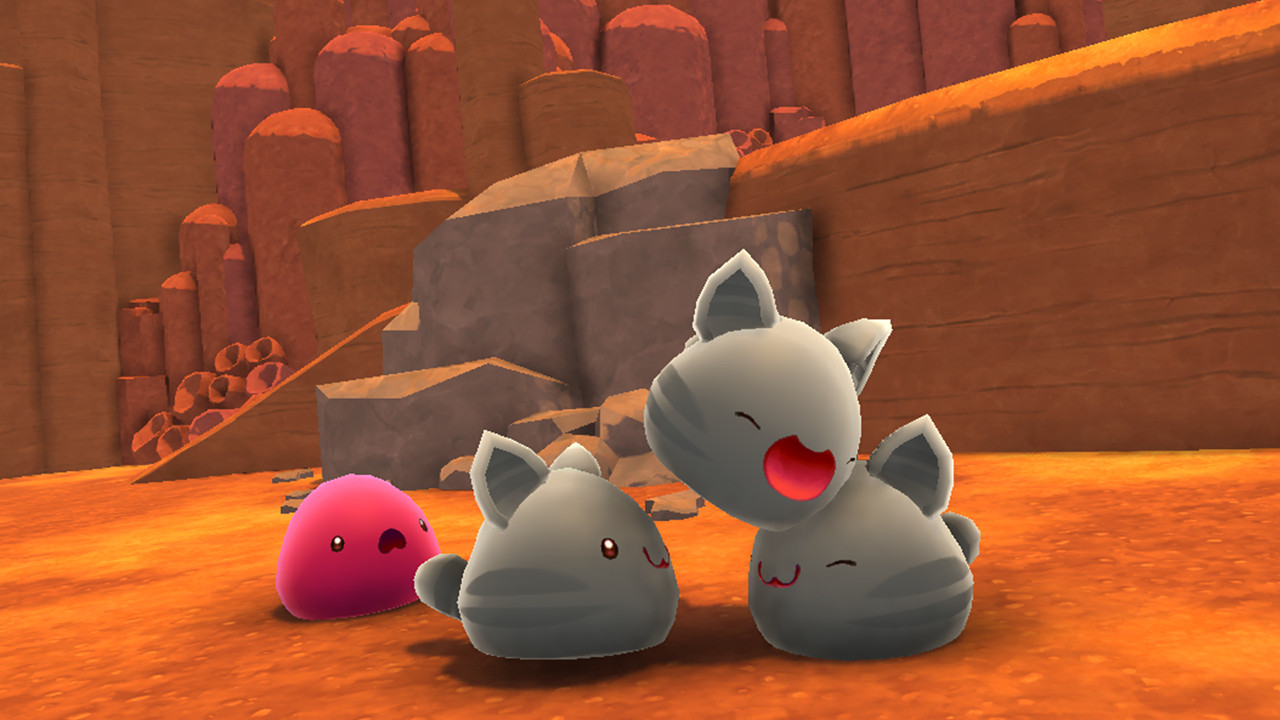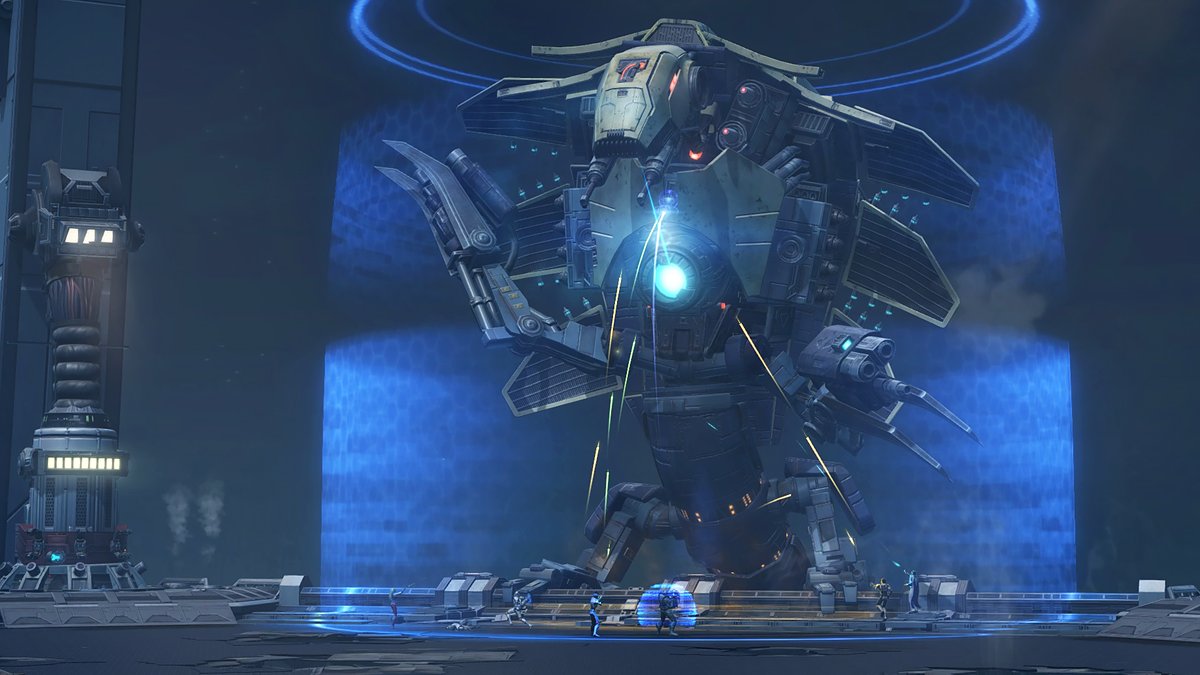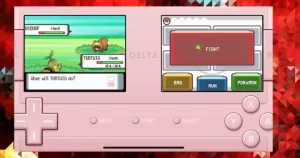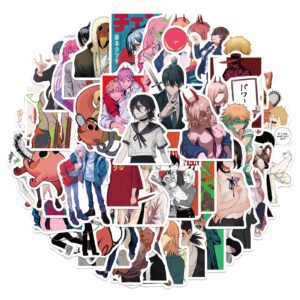All throughout the games, you can find examples of grinding and repetitive gameplay. Performing the same tasks over and over, for eventual rewards. It’s an aspect of gameplay that MMOs are almost entirely constructed around, to occupy players for often thousands of hours.
However, it’s also an aspect of games that are widely criticised by the larger gaming public. A game that fails to adequately develop its gameplay and becomes repetitive can often be called ‘grindy’. The same goes for games that expect far too much work for insufficient rewards. In fact, it’s largely a pejorative, and one of the main criticisms levelled against the high-profile failure that was Star Wars Battlefront 2.
/cdn.vox-cdn.com/uploads/chorus_image/image/57589255/deathstarvista_final_1920.jpg.img.0.jpg)
Source; In-Game Screenshot
So, why is it that something labelled as repetitive or fruitless can be a celebrated aspect of certain games?

Source: In-Game Screenshot
It’s not a feeling exclusive to gaming, it’s an inherent joy to many people. But it is one that gaming caters to perfectly. Nurturing your virtual joys is just as satisfying as any real ones, with the notable exception of parenting.
Of course, all of this only applies when the grinding aspect is handled well. The ratio to effort and reward is a very difficult thing to balance. Something simply handed to you without much effort isn’t satisfying to obtain. But when something takes far too long or isn’t worthwhile, it undermines the effort invested. But a properly balanced grind is an immensely satisfying thing to master when built around decent gameplay.
The Absence of Pressure
There are more traditional gaming experiences that can demonstrate these things, however. So, there has to be something beyond the satisfaction of progression and purpose. The key difference is the absence of pressure. Gaming in its natural form is full of pressure. People shooting at you, people screaming at you, time limits, teammates to avoid disappointing, whatever it may be.
Grinding experiences are far more laid back and relaxed, typically allowing people to progress wholly at their own pace. There are no strict time limits beyond what you set for yourself. That may seem like it discourages the behaviour of investing in repetitive tasks, but it really doesn’t. Being able to work at something whenever you can, for however long you want to, encourage it. It also works better without pressure as grinding games are often something people play to relax or to wind down.
The Innate Appeal of Grinding
There’s also just something plainly appealing about doing the same thing over and over again, at least in games. Getting gradually better at it, mastering its nuances, making it and yourself more efficient. This is a common aspect of grinding, as most games that exhibit it has simple, enjoyable gameplay that can become complex at higher levels.

Source: In-Game Screenshot
For example, hotkey MMOs are essentially just pressing the number keys. However, as the game becomes more challenging, it requires you to use these in a more complex way. You have to develop the best DPS rotations and timings, calculate how to interweave buffs and various other things. Within gaming, repetitive tasks can elaborate themselves, while not changing at all. Pressing 2 before 7 in an attack rotation isn’t doing anything particularly different, but its impact is.
There’s also the fact that repetitive, nominally menial tasks do appeal to a certain kind of people. Sufferers of Asperger’s Syndrome and any disorder like it have a predisposition towards consistent, unchanging tasks. Since gaming becomes a favourite hobby for many suffering the social impositions that such a disorder forces upon you, it’s unsurprising that games catering to another symptom would find a grateful audience.
Conclusion
Grinding is something that can be enjoyed for many reasons and is, throughout the medium. While there are games built around grinding aspects, it’s also an aspect that appears throughout most games regardless, either as an option to get ahead or simply as a facet of gameplay. Most RPGs will let you grind random encounters or spawns. Online shooters almost always have aspects that reward performance throughout the same kind of matches. Platformers or Rogue-likes let you grind the same levels to master timing and develop skills.
Gaming is constructed around cycles of repetitive action and reward. It should hardly be surprising that there are people who enjoy that aspect, along with titles built around it. So, if you didn’t understand the appeal of the grind, hopefully, you do now.
Enjoy this article? Find more editorials from Culture of Gaming here. Or simply follow our Twitter to see when any new article goes live.













